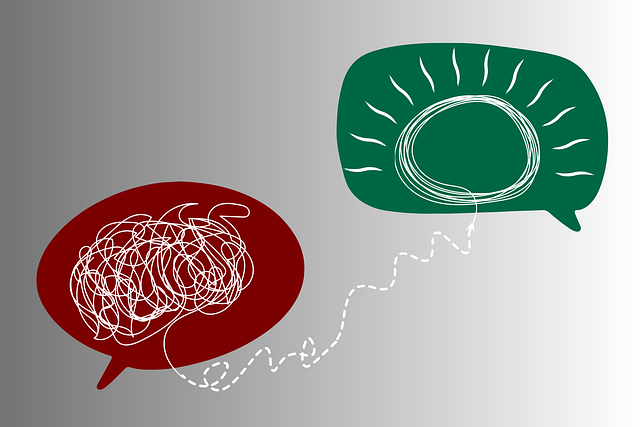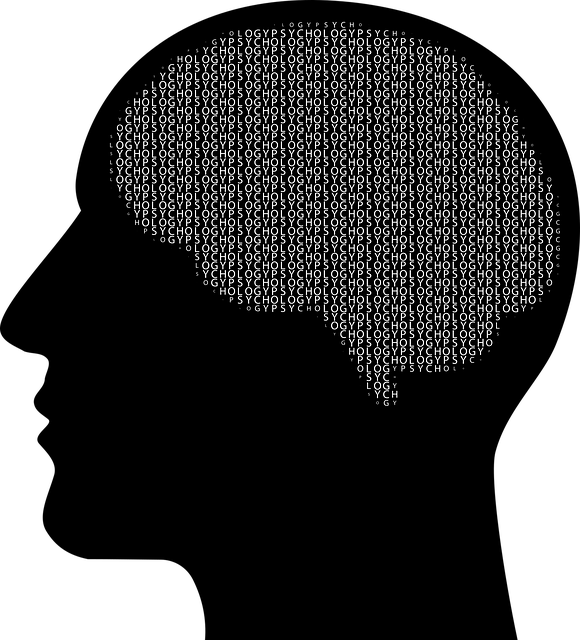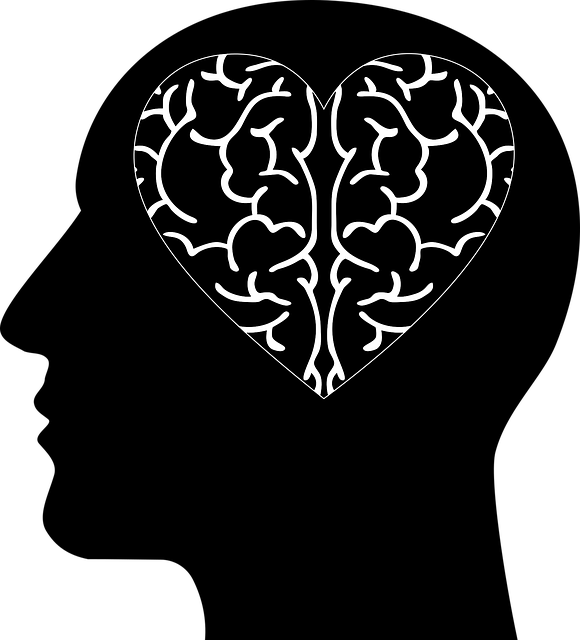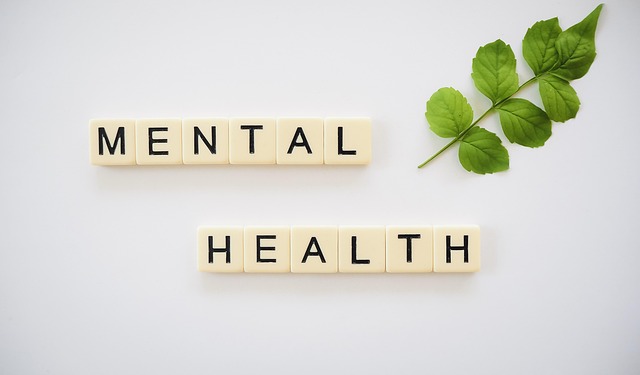Burnout among healthcare providers in high-pressure settings like Louisville Child Abuse Therapy (LCAT) clinics is a growing concern, driven by factors such as excessive workload and poor work-life balance. Early recognition of signs like chronic fatigue and detachment is crucial for maintaining staff well-being and patient care quality. Building resilience through self-care, emotional intelligence development, and mental health education programs can prevent burnout. LCAT professionals can enhance emotional regulation, improve patient support, and foster compassion using strategies including exercise, mindfulness, cultural competency training, structured routines, journaling, and podcasts. Effective communication within supportive teams reduces isolation, while Professional Development and Training equip staff with tools like self-awareness exercises, stress management techniques, and evidence-based practices to maintain resilience and exceptional care in this sensitive field.
Healthcare provider burnout is a growing concern, particularly within specialized fields like Louisville child abuse therapy. This article explores comprehensive strategies to prevent burnout among healthcare providers, focusing on mental well-being, work-life balance, and professional development. By understanding the signs and causes of burnout, therapists can build resiliency, enhance communication, and access supportive resources. These measures are vital for maintaining a healthy, sustainable practice in Louisville child abuse therapy.
- Understanding Burnout: Recognizing the Signs and Causes in Healthcare Providers
- Building Resiliency: Strategies to Strengthen Mental and Emotional Well-being
- Work-Life Balance: Creating a Sustainable Routine for Louisville Child Abuse Therapists
- Effective Communication and Support: Fostering Collaborative Environments
- Professional Development and Training: Equipping Providers with Tools for Burnout Prevention
Understanding Burnout: Recognizing the Signs and Causes in Healthcare Providers

Burnout among healthcare providers is a growing concern, particularly in high-pressure settings like Louisville Child Abuse Therapy clinics. Recognizing burnout early is crucial for maintaining a healthy work environment and ensuring quality patient care. Healthcare professionals may exhibit various signs and symptoms, such as chronic fatigue, detachment from work, reduced performance, and a sense of hopelessness. These indicators often stem from a combination of factors including excessive workload, lack of control over job responsibilities, poor work-life balance, and insufficient support systems.
Understanding burnout is the first step towards prevention. Healthcare providers should be encouraged to prioritize self-care through strategies like improving self-esteem and cultivating emotional intelligence. Mental Health Education Programs Design can play a vital role in equipping professionals with coping mechanisms and enhancing their resilience. By recognizing the signs early and implementing targeted interventions, healthcare organizations can create a more supportive environment that promotes well-being and prevents burnout among their staff.
Building Resiliency: Strategies to Strengthen Mental and Emotional Well-being

Building resiliency is a vital strategy for healthcare providers to combat burnout and maintain optimal mental and emotional well-being. Resiliency refers to an individual’s ability to adapt and bounce back from adversity, stress, or trauma. For healthcare professionals, this can be achieved through various methods. Engaging in regular self-care practices, such as exercise, mindfulness meditation, and maintaining a healthy work-life balance, are essential components of building emotional regulation skills. This allows providers to manage the high-stress nature of their work effectively.
Additionally, Louisville Child Abuse Therapy offers valuable resources for enhancing cultural competency training among healthcare providers. By understanding diverse patient backgrounds and incorporating crisis intervention guidance into clinical practice, professionals can better support individuals facing challenges. These strategies not only strengthen resilience but also foster a more compassionate and effective healthcare environment, benefiting both the providers and the patients they serve.
Work-Life Balance: Creating a Sustainable Routine for Louisville Child Abuse Therapists

Maintaining a healthy work-life balance is an essential strategy for preventing burnout among Louisville Child Abuse Therapists. This often involves establishing a structured routine that integrates professional responsibilities with personal time, ensuring each aspect receives adequate attention. One effective method for achieving this balance is through consistent scheduling, where therapists set aside dedicated blocks for therapy sessions, case management, and administrative tasks.
Additionally, incorporating self-care practices like mental wellness journaling exercises or engaging in a regularly produced mental wellness podcast series can help professionals unwind and reflect on their experiences. These activities promote emotional processing, reduce stress, and foster resilience, ultimately contributing to improved depression prevention and overall mental wellness among Louisville Child Abuse Therapists.
Effective Communication and Support: Fostering Collaborative Environments

Effective communication is a cornerstone of preventing burnout among healthcare providers, especially in sensitive areas like Louisville child abuse therapy. When teams work collaboratively, sharing knowledge and experiences, they build resilience together. This fosters an environment where support is readily available, reducing the isolation often associated with high-stress roles.
Encouraging open dialogue allows professionals to process challenging cases and emotions collectively, enhancing their ability to care for both patients and themselves. Moreover, compassionate cultivation practices can be integrated into these discussions, promoting emotional well-being and helping providers develop coping strategies. Such approaches are essential in the mental health policy analysis and advocacy space, where advocates strive to improve systems that support healthcare providers’ long-term sustainability.
Professional Development and Training: Equipping Providers with Tools for Burnout Prevention

Healthcare providers, especially those specializing in sensitive areas like Louisville Child Abuse Therapy, face unique challenges that can lead to burnout. Professional Development and Training play a pivotal role in equipping them with the tools they need to navigate these complexities effectively and maintain their well-being. These programs often include Self-Awareness Exercises designed to help professionals understand their emotional responses and triggers, enabling them to manage stress more proactively.
Through ongoing training, healthcare providers can enhance their Self-Esteem Improvement, a critical aspect of burnout prevention. By learning coping mechanisms, communication strategies, and evidence-based practices tailored to their field, they can better support both patients and themselves. Such initiatives foster resilience, ensuring that professionals in Louisville Child Abuse Therapy remain equipped to offer exceptional care while safeguarding their mental health.
Healthcare provider burnout is a pressing issue, especially in specialized fields like Louisville Child Abuse Therapy. By understanding the signs and causes, building resiliency through mental health support and work-life balance initiatives, fostering collaborative communication, and providing professional development opportunities, we can equip healthcare providers to prevent burnout effectively. These strategies not only enhance individual well-being but also contribute to better patient outcomes in the long run.














